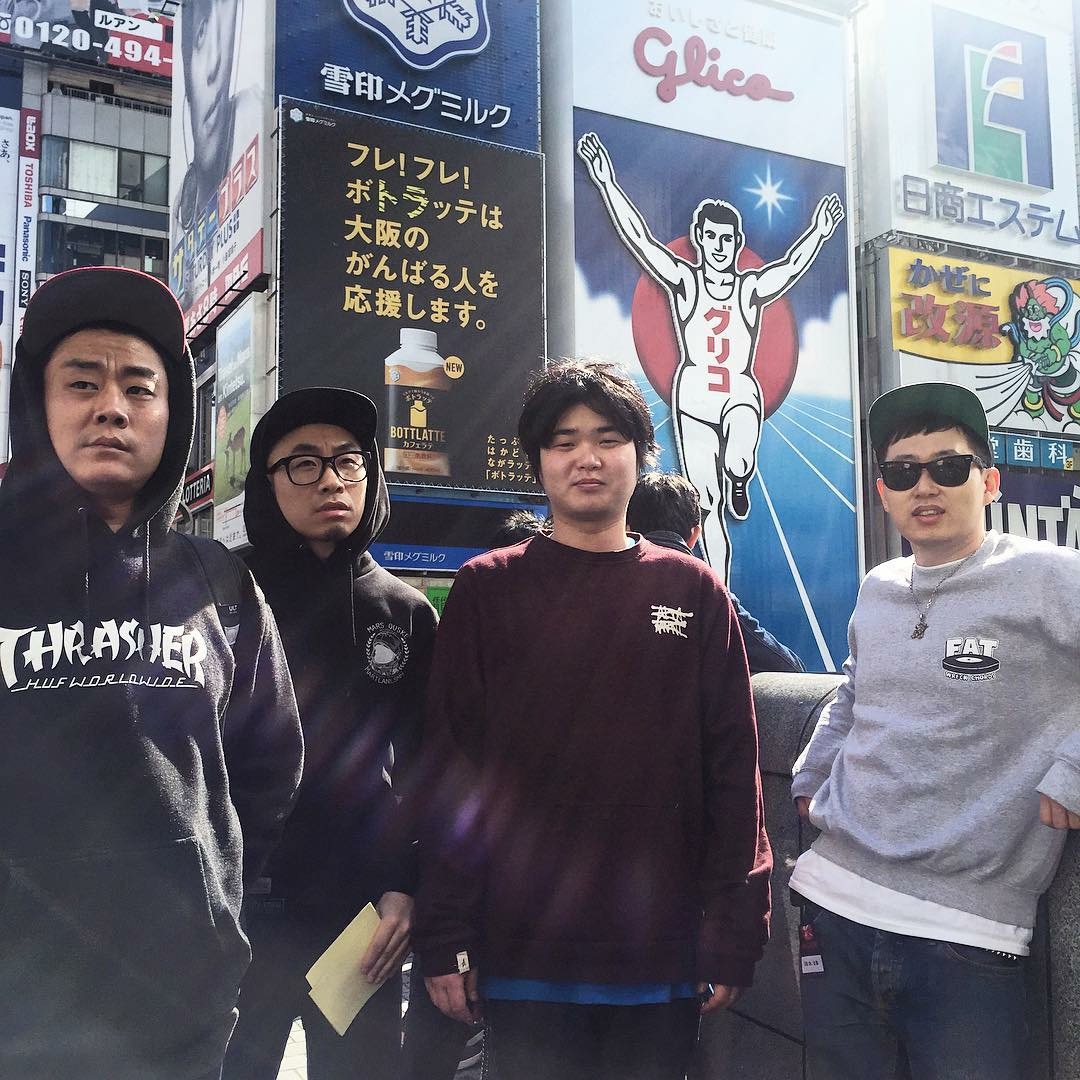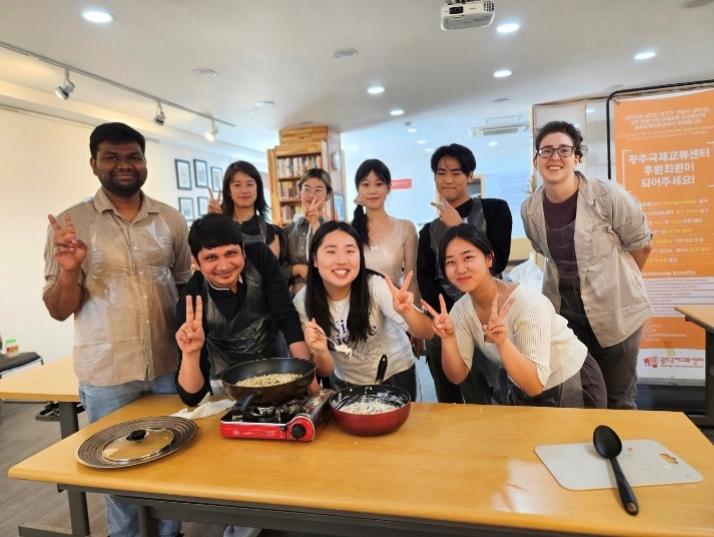In Beijing
Maeve Story goes to Beijing and beyond with this story.

Published by the Gwangju International Center since 2001








Maeve Story goes to Beijing and beyond with this story.
Elton LaClare investigates just what is inside “Three Days in That Autumn” by Pak Wan Seo.
When was the last time you tuned your radio to the Gwangju Foreigners’ Network at GFN 98.7FM? If you haven’t done so recently, then what are you waiting for? You’re missing out on some exciting broadcasting!
Every year for about nine weeks in the autumn Gwangju lives up to its name as the “City of art and culture” when the biennale rolls into town. Here’s a story about Biennale 2012.
As Korea continues to emerge on the global stage, more expats will continue to join the mainstream workforce alongside Koreans, and the range of jobs that foreigners occupy will continue to expand. Read the story of Jen Lee, an emerging artist working here in Gwangju.
If you have to go through a visa application process, you might want to read these recommendations.
Ken enjoys taking sunset and sunrise shots the most. They really bring a sense of wonder, don’t you think?
In 2012, Angie Hartley, choreographer and dancer, extended an invitation for dance enthusiasts to participate in a short modern dance piece at the Gwangju Performance Project’s theater production, Ives Just Got to Dance.